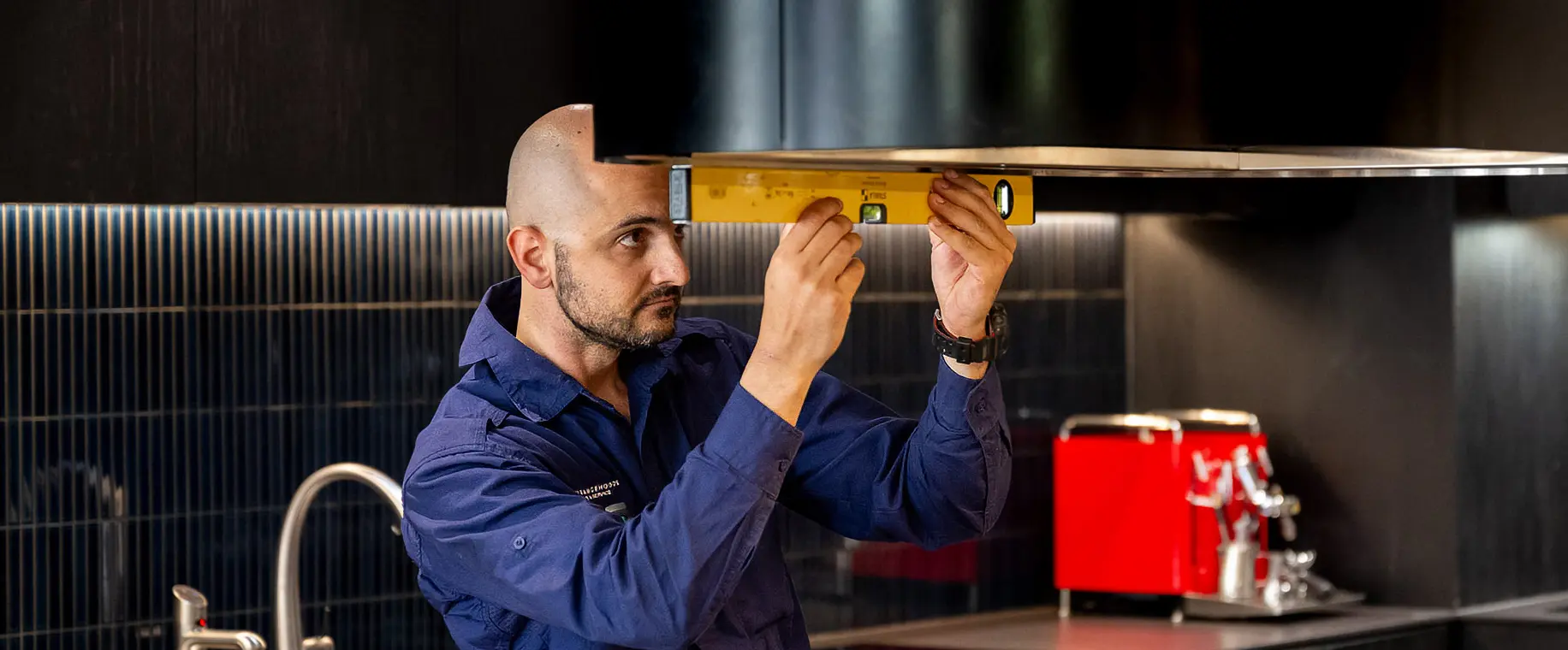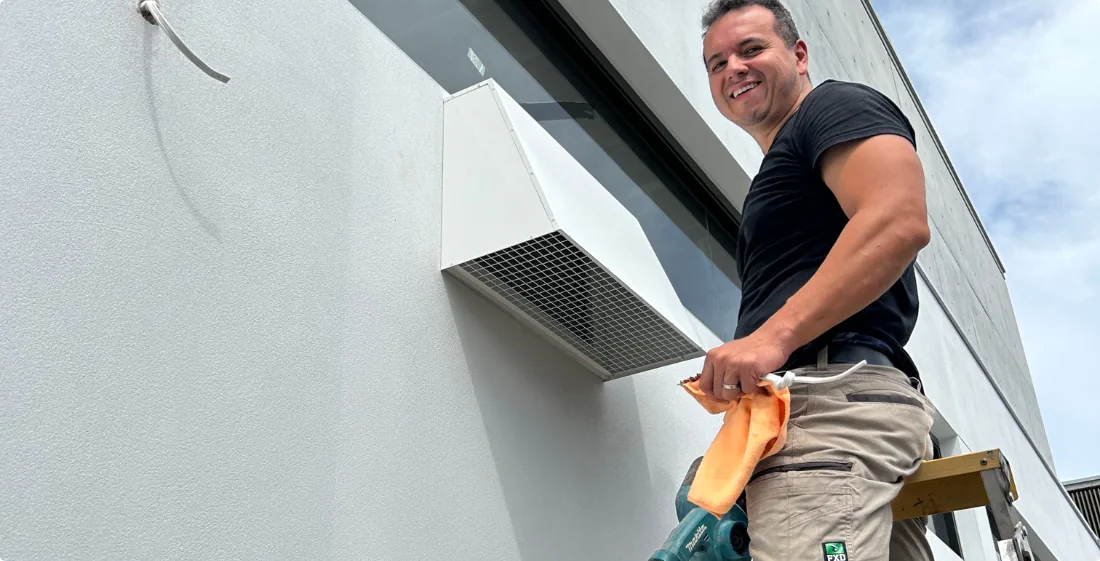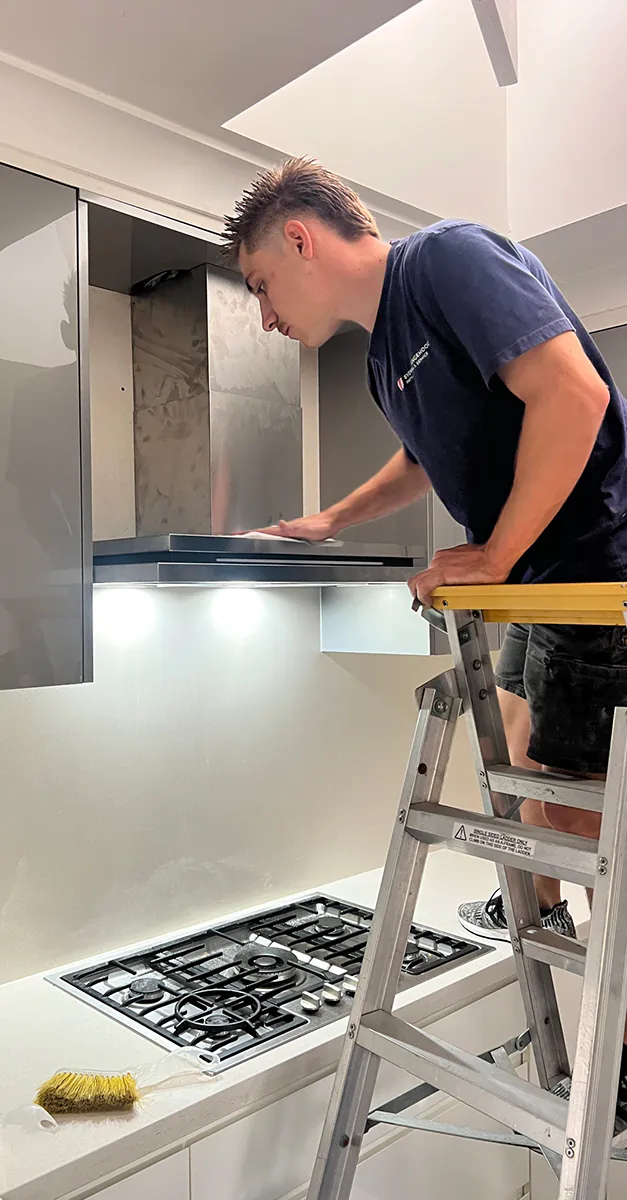Your 5-Star Rated Team
Residential Rangehood Experts

Flawless Installs. Backed by Brands
Your new rangehood will be installed correctly & safely. You'll also get extended warranties on popular brands with us.

 Sydney Rangehoods Team
Sydney Rangehoods Team
Every Brand & Model
From ducted to recirculating, wall-mounted to under-cabinet, we install all rangehood types & brands with care.













